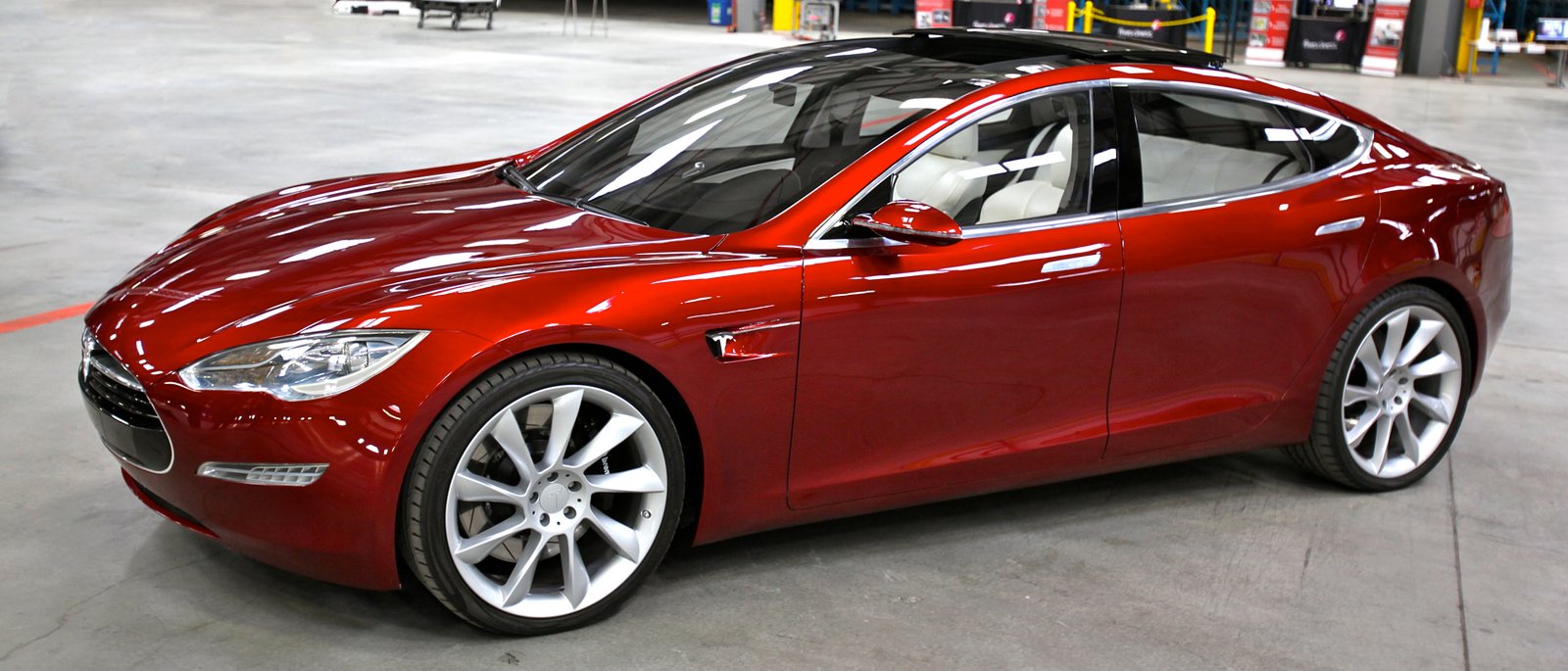





Clownish Mainstream Article Slamming Tesla Model 3
Oh boy, where do I even start with this MotorTrend article? https://www.motortrend.com/reviews/2023-tesla-model-y-long-range-yearlong-review-update-14-two-year-check-in It’s like someone took every possible gripe trope about the 2023 Tesla Model Y, exaggerated it, and forgot the part about what actually makes driving one pretty magical. If I were being kind I’d say it’s biased; if I’m being honest, it’s a tour de force of entitled complaining. Here’s why it’s a shallow, one-sided rant, not a serious assessment of the real Tesla driving experience.
First, the tone. From the opening sentences, you get the vibe: “I loathe this car. I dread driving it. I hate its soul.” We’re not even past the introduction and it’s already “I’ll never understand how it became the most popular EV.” That’s not neutral. That’s someone with an axe to grind, waiting to use every flaw as evidence that Tesla is overrated. Comparing it to having “two younger brothers” just so he can grouse that the car is frustrating? Dramatic. And completely skewed. A reasonable review has criticism, sure—but balance. This one seems set up to prove Tesla is bad.
Second, cherry-picking negatives while downplaying or omitting the positives. For example, the author complains about ride quality (“hard rubber,” “nervous” reactions to bumps), steering too twitchy, materials creaky, etc. Yet, there are some positives buried in there—good audio system, useful frunk, excellent charging infrastructure, one-pedal driving. But those get treated like afterthoughts or grudging admissions. Meanwhile, the criticism about “excessively quick steering” or “jostling” are emphasized as though they outweigh every joy of instant torque, quiet ride, or zero-emissions acceleration that many drivers love. There’s little attempt to quantify or contextualize: how often do those road imperfections bother most drivers at most speeds? Does the average Tesla owner feel like every drive is a battle? Because lots of owners seem delighted.
Third, exaggerations and hyperbole. “Few things have tested my patience like this car… If it were a person, I’d face charges for all the times I kicked its tire or punched its steering wheel…” Come on. If you’re reaching for cartoon-violence metaphors, you’ve tipped into persuasion more than review. Or how about: “Self-Driving, Self-Defeating”—it sounds like the car is plotting to kill you. The author even says he “quit using FSD” after it drove him across double yellow lines. That’s scary, yes—but the implication is that it’s always like that. He doesn’t (or barely) acknowledge that many owners never even use Full Self-Driving, or that updates improve behavior over time. It’s presented as though the worst-case or rare scenario is typical.
Fourth, ignoring expectations and tradeoffs. Yes, every car has trade-offs. Tesla isn’t trying to be a luxury Rolls-Royce; it’s selling something with certain compromises. Instant acceleration, huge battery, long range, massive charging network. Some compromises follow: maybe ride is less cushy, maybe the steering is sharp, maybe there’s software quirks. But the article treats the ride-harshness, the screen-interface annoyances, etc., as infuriating betrayals, rather than trade-offs many people accept (or even like) in exchange for other benefits. It’s like the writer expects a luxury Mercedes-level quiet, button-heavy interior, etc., but also demands the raw EV performance and Supercharger network. Hard to get everything. Yet the article acts like Tesla promised perfection and failed.
Fifth, a lack of “this is a typical owner experience” versus “this is what I noticed in an edge case.” If you read owner forums, many owners love the real-world benefits: torque, instant responsiveness, lower cost of fueling and maintenance, simplicity. You know, things the article sort of nods at, but then hacks them down because in some cases the phone-as-key is finicky, some road surfaces are rough. Well, duh. But are these ubiquitous, or just irritating on rare occasions? The writer doesn’t clearly separate “this happened a few times that really annoyed me” from “this happens every drive and ruins the car.” That distinction matters enormously.
Sixth, looking at a two-year old model, pre-updates, older hardware, and still treating its flaws as permanent, unfixable. The article admits early on: “our 2023 version, two years older than the latest refreshed version that has been vastly improved in many areas.” But then goes on as if what annoyed the author in that specific car is reason enough to avoid all Model Ys. That’s not fair. Cars do get updated. Software updates, hardware revisions. If you’re buying new (or even lightly used), many of those problems might be addressed. Ignoring that is yet another sign this isn’t about objective testing; it’s about confirming a negative bias.
Seventh, disregard for emotional/experiential value. Driving isn’t just about ride smoothness and material creakiness. For many people, a Model Y offers joy: the silence, the torque, not worrying about gasoline, the ease of charging, the tech-first approach, the identity, the feeling of being on the leading edge of automotive evolution. None of that seems to sway the author. That’s fine—they can dislike it—but by dismissing those aspects so quickly, they reduce the driving experience to a checklist of flaws. Which, again, misses why so many people love Teslas.
In summary: this article reads more like an op-ed masquerading as a review, where the author has already decided Tesla equals irritation, and is just documenting how every little misstep confirms that thesis. It’s biased, selective, and more fixated on flaws (some real, some likely overblown) than on what many buyers genuinely enjoy, or what makes Tesla special. If you’re shopping, it’s helpful to see complaints—but not when it’s presented as though those complaints are the definitive reason any sane person should reject it. Here some news: most people love their Tesla’s – that’s why they are so popular. duh.
Trump’s Tariffs and UK Sanctions Squeeze India’s Economy Amid Global Trade Turmoil
The ripple effects of former President Donald Trump’s aggressive trade policies and the UK’s latest sanctions on Russian oil…
The NFL’s Two Faces on Health: Teaching CPR While Players Bleed from Preventable Hits
As the league rolls out glossy safety campaigns, the product on the field tells a tougher story…